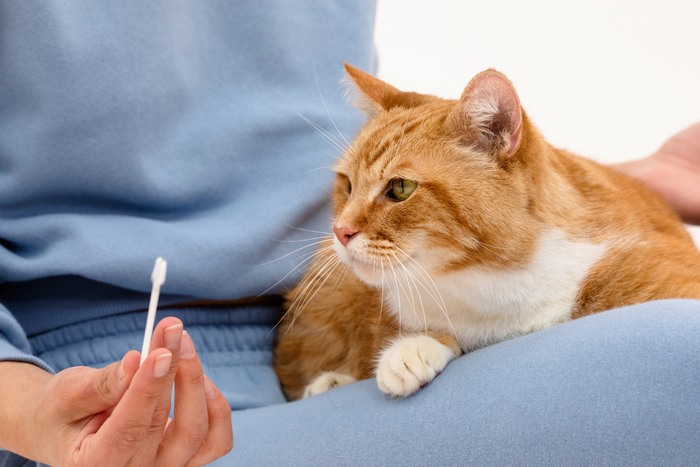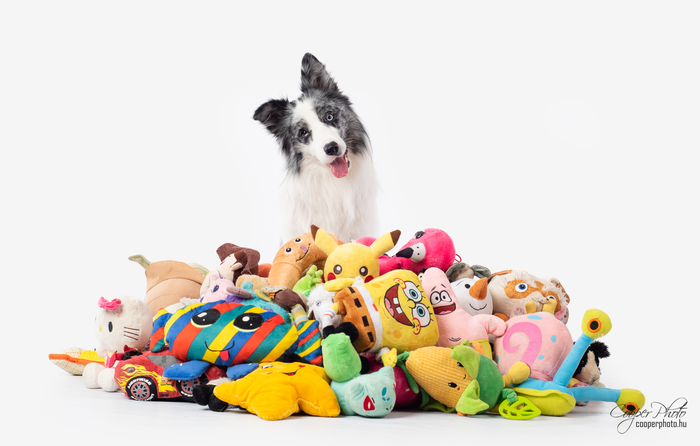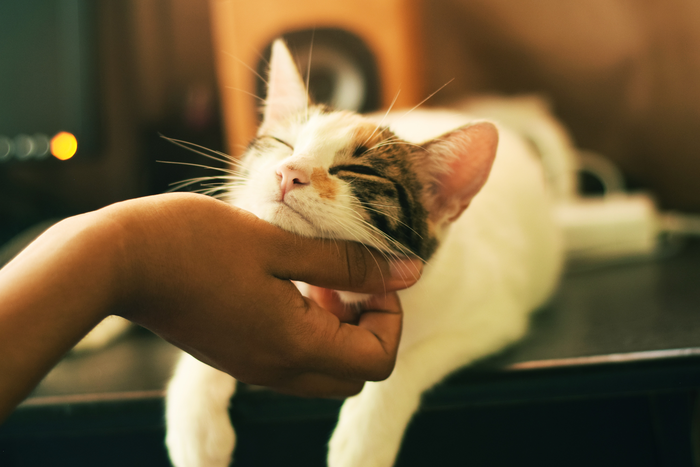It’s not just dogs. Cats also enjoy playing fetch with humans
Cats more likely to display fetching behaviour if they are more active and playful and live indoors
Your support helps us to tell the story
From reproductive rights to climate change to Big Tech, The Independent is on the ground when the story is developing. Whether it's investigating the financials of Elon Musk's pro-Trump PAC or producing our latest documentary, 'The A Word', which shines a light on the American women fighting for reproductive rights, we know how important it is to parse out the facts from the messaging.
At such a critical moment in US history, we need reporters on the ground. Your donation allows us to keep sending journalists to speak to both sides of the story.
The Independent is trusted by Americans across the entire political spectrum. And unlike many other quality news outlets, we choose not to lock Americans out of our reporting and analysis with paywalls. We believe quality journalism should be available to everyone, paid for by those who can afford it.
Your support makes all the difference.Not just dogs, some cats also enjoy playing fetch with their human companions, according to a new survey of thousands of cat owners.
The research shows that about two in five pet cats choose to play fetch with their owners.
Fetching as an animal behaviour is widely seen in dogs and is thought to have its roots in the natural hunting traits of cats and dogs.
The behaviour’s exact origin and how it was shaped by human domestication into the playful actions seen in our pets remains unclear, however.

The study, published on Wednesday in the journal PLoS One, surveyed thousands of dog and cat owners to determine how common the trait is among their pets.
More than 40 per cent of the 8,000 cat owners surveyed reported that their cat would sometimes, frequently or always retrieve toys or objects they threw – a number that is significantly higher than previous estimates.
“Although cats and dogs are very different in many aspects of their behaviour and in how they ended up being companion animals, we find it fascinating that so many of them share this very interesting behaviour – fetching!” scientists wrote in the study.
Cats were found to be more likely to display fetching behaviour if they were more active and playful, and if they lived indoors.
Fetching was more common in genetically distinct cat breeds such as Burmese, Siamese and Tonkinese which originated from felines taken to the Far East early during cat domestication.
Researchers also found that male cats and younger ones were more likely to fetch.
The latest study, also the first to estimate how common fetching behaviour is in dogs, suggests about 80 per cent of pet dogs could sometimes, frequently, or always attempt to fetch sticks, balls or other objects.
It shows that dog breeds raised specifically to raise livestock or for hunting, like Labrador, Golden Retriever, Border Collie, and English Cocker Spaniel, are more likely to engage in fetching behaviour.
“No previous study has examined the prevalence of, or breed-specific differences in, fetching behaviour of dogs,” the scientists wrote.

Although fetching seems similar to the natural hunting behaviour of dogs and cats, scientists said it is more closely related to play than predation.
“In both species, fetching is correlated with measures of activity and energy, so it does appear to be a form of play,” study co-author Mikel M Delgado said.
Scientists are perplexed how cats seem to exhibit the behaviour as, unlike dogs, they have not been specifically domesticated to help humans with tasks like hunting or herding.
The complex behaviour involves a synchronised set of events, reflecting on the bond between pets and their human companions.

The process requires, for instance, constant attention between the pet and the human, who must also express the intention to throw the object when the pet is ready.
Once pets chase down the item and gather it, they must return the object to be thrown again.
Scientists said the human domestication process led many juvenile behaviours in these animals to be retained into adulthood.
“We hope that our study will encourage further exploration of how fetching is related to play, hunting and social interactions in both cats and dogs,” researchers said.

Join our commenting forum
Join thought-provoking conversations, follow other Independent readers and see their replies
Comments